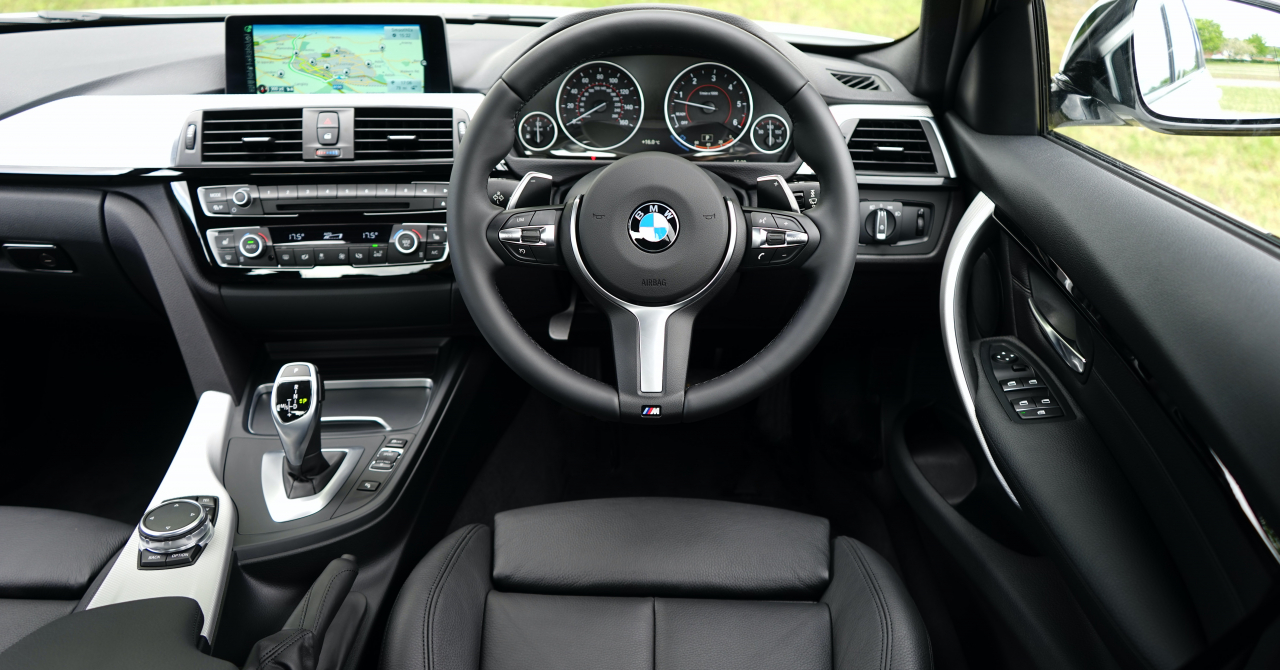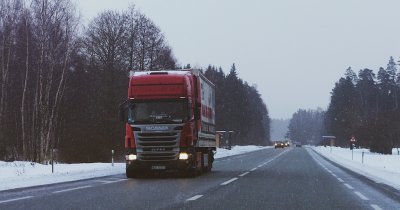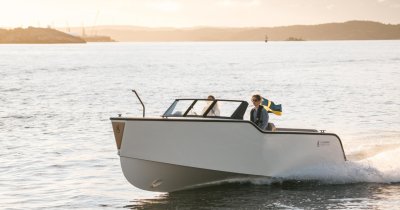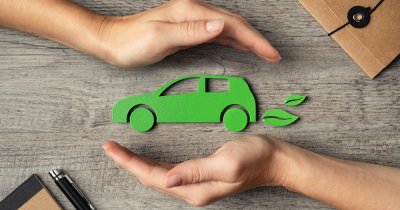According to Electrive, the plastics BMW will incorporate will be 90% obtained from recycling fishing nets and ropes.
Officials from the German brand stated that "the resulting components have an approximately 25 per cent lower carbon footprint than their counterparts made from conventionally manufactured plastics."
"Recycled nylon waste forms the basis for a synthetic yarn from which the floor mats in the BMW iX and the new BMW X1, for example, are made", they added.
Another long-term objective for BMW is reducing carbon emissions across the entire supply chain by 20% per each vehicle manufactured.
To achieve this, the carmaker will try to implement multiple measures, such as using lightweight logistics packaging, increasing the amounts of recycled materials used in various types of packages and even reducing the use of single-use packaging.
Also, instead of using large steel cages for transport, the company will turn to foldable plastic carriers, which will be made from 90% recycled material.
BMW says that these will be significantly easier to transport when empty and by using 15.000 such containers, the company will be able to save on some 3.000 tons of emissions per year.
Michael Nikolaides, head of production network and logistics at BMW Group, said that "our ‘re:think, re:duce, re:use, re:cycle’ approach is being implemented consistently in packaging logistics, too. We’re using innovative strategies to consistently reduce the volume of resources we use, thus reducing our carbon footprint."
"We in Logistics are also doing our part to get the BMW iFACTORY up and running – with a particular focus on the ‘green’ side of things", he added.
 Mihai - Cristian Ioniță
Mihai - Cristian Ioniță












Any thoughts?